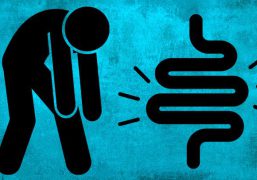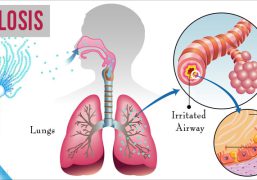Loss of Appetite
Loss of appetite is a medical condition in which a person experiences a decrease in their desire to eat. It can be caused by a variety of factors, including illness, medication side effects, psychological conditions, or lifestyle factors.
In some cases, loss of appetite may be a symptom of an underlying medical condition, such as a gastrointestinal disorder, cancer, or liver disease. Other common causes of loss of appetite include stress, anxiety, depression, or hormonal imbalances.
Treatment for loss of appetite depends on the underlying cause. In cases where loss of appetite is caused by a medical condition, treating the underlying condition may help to improve appetite. In other cases, lifestyle changes such as increasing physical activity or reducing stress may be helpful.
If loss of appetite persists or is accompanied by other symptoms such as weight loss, fatigue, or digestive problems, it is important to seek medical attention. Your healthcare provider can help identify the underlying cause and develop an appropriate treatment plan. In some cases, medication or nutritional supplements may be prescribed to help manage symptoms and improve appetite.






